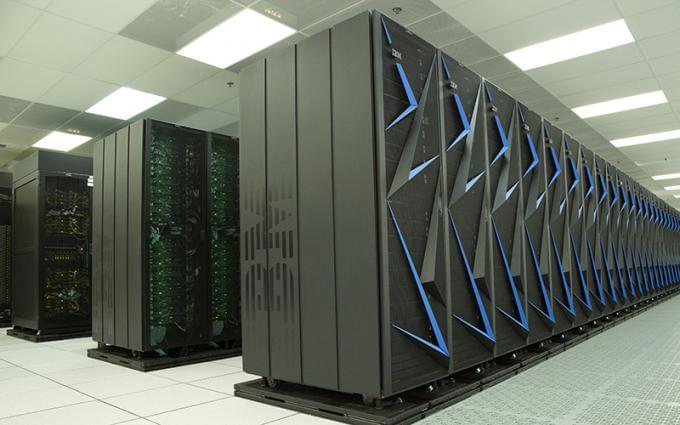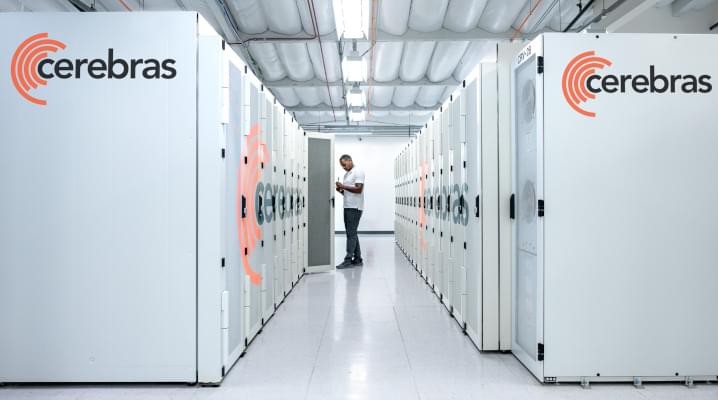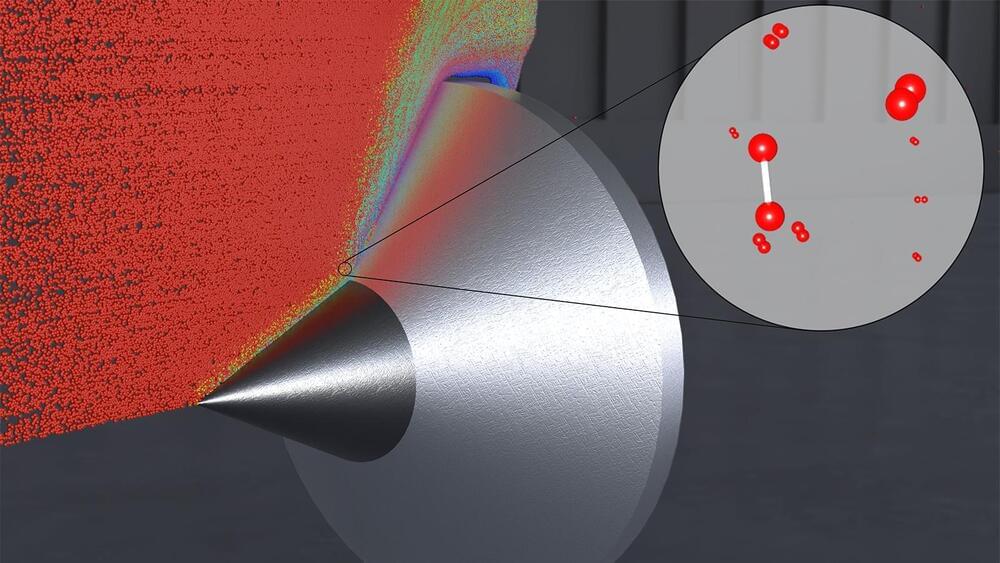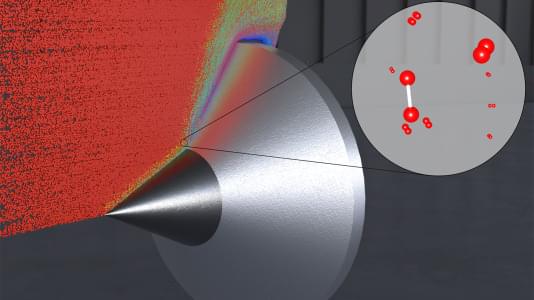Could energy efficiency be quantum computers’ greatest strength yet?
Quantum computers have attracted considerable interest of late for their potential to crack problems in a few hours where they might take the age of the universe (i.e., tens of billions of years) on the best supercomputers. Their real-life applications range from drug and materials design to solving complex optimization problems. They are, therefore, primarily intended for scientific and industrial research.
Traditionally, “quantum supremacy” is sought from the point of view of raw computing power: we want to calculate (much) faster.
However, the question of its energy consumption could also now warrant research, with current supercomputers sometimes consuming as much electricity as a small town (which could in fact limit the increase in their computing power). Information technologies, at their end, accounted for 11% of global electricity consumption in 2020.
## Why focus on the energy consumption of quantum computers?
Since a quantum computer can solve problems in a few hours, whereas a supercomputer might take several tens of billions of years, it is natural to expect it will consume much less energy. However, manufacturing such powerful quantum computers will require that we solve many scientific and technological challenges, potentially over one to several decades of research.





